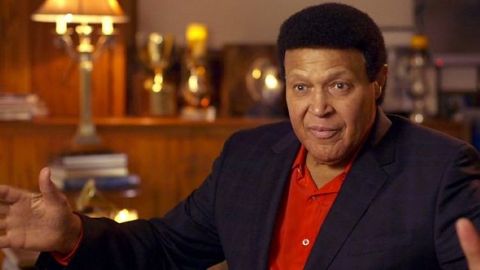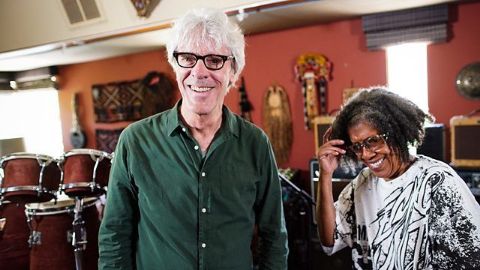Daft Punk Unchained • 2016
Film about the pop culture phenomenon that is Daft Punk, the duo with 12 million albums sold worldwide and seven Grammy awards. Throughout their career Thomas Bangalter and Guy-Manuel de Homem-Christo have always resisted compromise and the established codes of show business. They have remained determined to maintain control of every link in the chain of their creative process. In the era of globalisation and social networks, they rarely speak in public and neither do they show their faces on TV. This documentary explores this unprecedented cultural revolution, revealing two artists on a permanent quest for creativity, independence and freedom. Between fiction and reality, magic and secret, future and reinvention, theatricality and humility, The Robots have built a unique world. The film combines rare archive footage as well as exclusive interviews with their closest collaborators who talk about their work with Daft Punk, including Pharrell Williams, Giorgio Moroder, Nile Rodgers and Michel Gondry.
Make a donation
Buy a brother a hot coffee? Or a cold beer?
Hope you're finding these documentaries fascinating and eye-opening. It's just me, working hard behind the scenes to bring you this enriching content.
Running and maintaining a website like this takes time and resources. That's why I'm reaching out to you. If you appreciate what I do and would like to support my efforts, would you consider "buying me a coffee"?
Donation addresses
BTC: bc1q8ldskxh4x9qnddhcrgcun8rtvddeldm2a07r2v
ETH: 0x5CCAAA1afc5c5D814129d99277dDb5A979672116
With your donation through , you can show your appreciation and help me keep this project going. Every contribution, no matter how small, makes a significant impact. It goes directly towards covering server costs.





